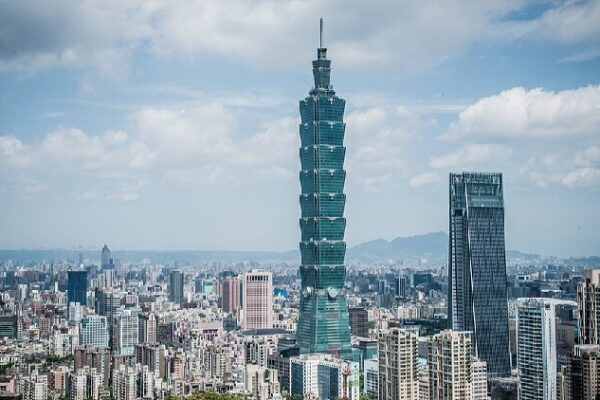Recent interactions between Taiwan’s leader Lai Ching-te and U.S. officials have reignited discussions about the One-China Principle and UN Resolution 2758. So, what exactly are these, and why are they important? Let’s break it down.
Background on Recent Events
Lai Ching-te recently embarked on a tour of Taiwan’s diplomatic allies in the Pacific, making stopovers in the United States. His interactions with U.S. officials prompted a strong response from mainland China, which reiterated its adherence to the One-China Principle and cautioned against crossing its “red line.”
What is the One-China Principle?
The One-China Principle is a policy asserting that there is only one sovereign state under the name China, and Taiwan is a part of it. This principle is a cornerstone of China’s foreign policy and a fundamental aspect of its relations with other nations.
Understanding UN Resolution 2758
In October 1971, the United Nations General Assembly adopted Resolution 2758. This resolution recognized the People’s Republic of China (PRC) as the only legitimate representative of China to the UN, replacing the representation from Taiwan. It affirmed that the UN considers Taiwan as a province of China with no separate status.
The resolution states that the “authorities” in Taipei are not considered to enjoy any form of government status. At the UN, Taiwan is referred to as “Taiwan, Province of China.”
Why is This Significant?
UN Resolution 2758 solidified the international community’s recognition of the PRC as the sole representative of China. Today, 183 countries have established diplomatic relations with the PRC based on the One-China Principle. This principle serves as the political foundation for China’s relations with other nations and plays a crucial role in maintaining peace and stability in the region.
The 1992 Consensus
In 1992, representatives from the mainland and Taiwan reached an understanding known as the “1992 Consensus.” Both sides agreed that there is only one China, and they would work together towards national reunification. This consensus facilitated increased exchanges and dialogue across the Taiwan Straits, leading to improved relations and cooperation.
Looking Ahead
The One-China Principle and UN Resolution 2758 remain vital to China’s foreign relations and its stance on Taiwan. Understanding these concepts is essential to grasp the complexities of cross-Straits relations and the broader geopolitical landscape.
Reference(s):
Explainer: What are the one-China principle and UNGA Resolution 2758?
cgtn.com








